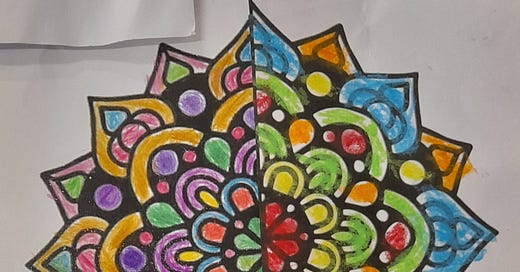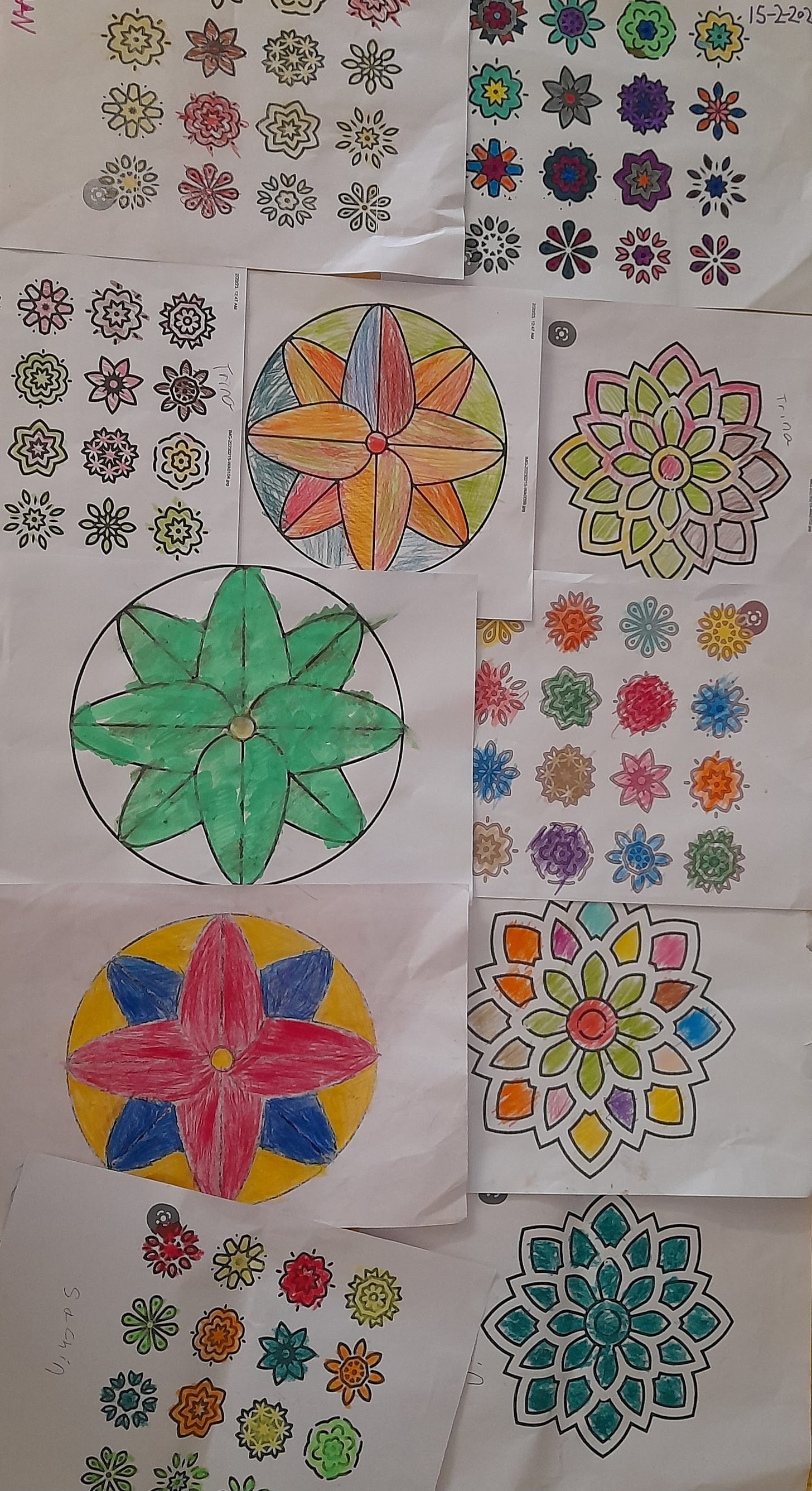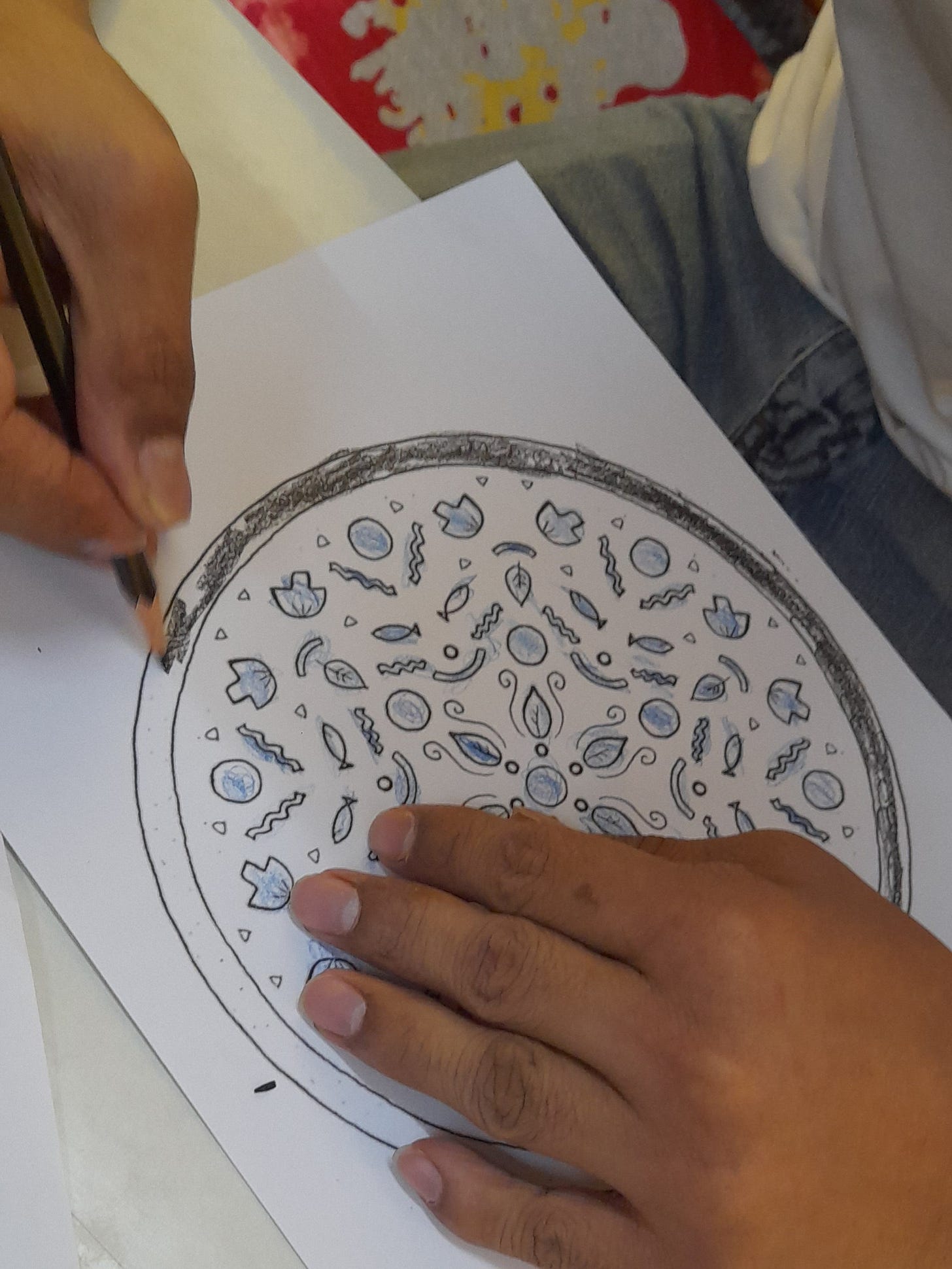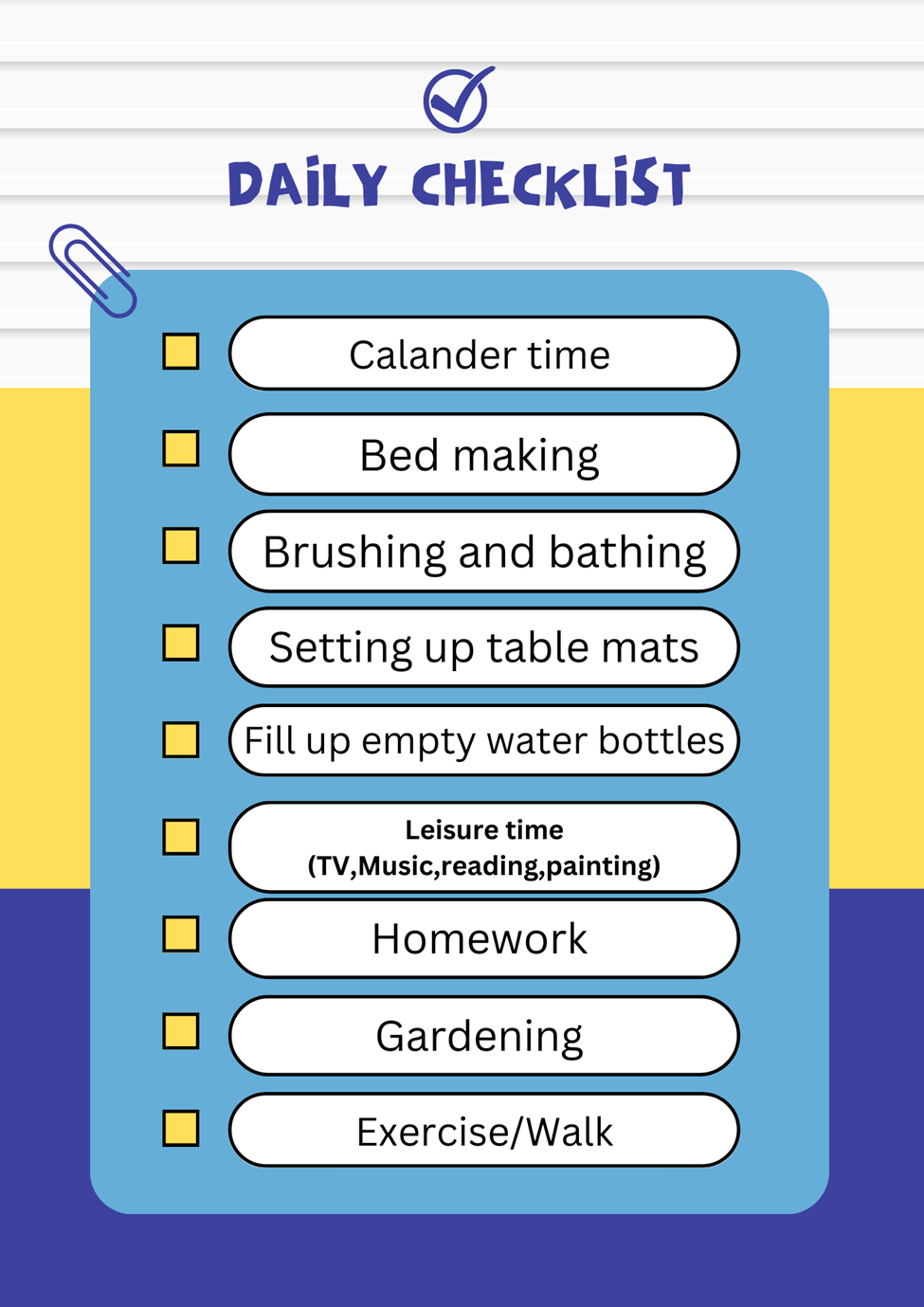Summer break is a time eagerly awaited by children around the world. However, for parents of special needs children, the challenge lies in ensuring their kids have a fulfilling and engaging time during this period. Special needs children, who may have developmental, physical, cognitive, or emotional challenges, require extra support and opportunities to thrive. Keeping special needs children involved in various activities during the summer break, focusing on promoting social and emotional development, encouraging physical fitness and motor skills, enhancing cognitive abilities and academic progress, fostering independence and life skills, and providing a sense of routine and stability is very important.
Promoting Social and Emotional Development
Engaging special needs children in activities during the summer break plays a vital role in promoting their social and emotional development. By participating in group activities such as summer camps or specialised programmes, these children have opportunities to build social skills, make new friends, and learn how to collaborate effectively. The structured and supportive environments provided by these activities encourage interaction, communication, and the development of positive relationships. Through interactions with their peers, special needs children can develop empathy, understanding, and self-confidence, which are crucial for their overall growth and well-being. Engaging in activities that involve teamwork, problem-solving, and conflict resolution helps them develop essential social skills that will benefit them in various aspects of life.
Encouraging Physical Fitness and Motor Skills
Regular physical activity is essential for the physical well-being of special needs children. Engaging in outdoor activities during the summer break provides opportunities to enhance their gross and fine motor skills, coordination, and balance. Whether it's swimming, hiking, playing sports, or participating in adaptive physical education programmes, these activities not only promote physical fitness but also boost self-esteem and overall cognitive development. Physical activity stimulates the release of endorphins, which improves mood and reduces stress. Moreover, engaging in physical activities with peers fosters a sense of belonging and helps special needs children feel included in recreational pursuits. Adapted sports programmes and inclusive physical activities provide them with opportunities to learn new skills, overcome challenges, and experience the joy of physical movement.
Enhancing Cognitive Abilities and Academic Progress
Summer break can be a time when academic progress stagnates for many children. However, for special needs children, maintaining cognitive stimulation is crucial. Engaging them in intellectually stimulating activities such as reading, puzzles, educational games, and art projects can help keep their minds active and prevent regression. These activities promote cognitive development, critical thinking, problem-solving, and creativity. Structured summer programmes specifically tailored to address their educational needs can provide a supportive environment to work on academic skills, bridge learning gaps, and prepare for the upcoming school year.
By focusing on their individual strengths and interests, these activities can also improve their self-esteem and motivation to learn. Additionally, incorporating technology-based tools and applications can enhance their engagement and facilitate personalised learning experiences.
Fostering Independence and Life Skills
Engaging special needs children in activities during the summer break can foster independence and life skills. By involving them in age-appropriate tasks, such as gardening, cooking, or organising their belongings, parents and caregivers can empower these children to become more self-reliant. These activities help develop essential life skills like problem-solving, decision-making, time management, and responsibility, enabling them to become more self-sufficient and confident in their abilities. Summer programmes or community initiatives that offer vocational training or internships can also provide special needs children with valuable opportunities to explore potential career interests and develop relevant skills. Building independence and life skills not only prepares them for adulthood but also promotes a sense of pride, autonomy, and a greater sense of self-worth.
Providing a Sense of Routine and Stability
For special needs children, routine and structure are vital for their well-being. Summer break often disrupts their established routines, leading to anxiety and behavioural challenges. Engaging them in a variety of activities can help recreate a sense of routine and stability. By planning a schedule that includes both structured and unstructured activities, parents can create a balance that allows children to enjoy their break while maintaining a level of predictability, which is essential for their emotional stability and overall happiness. Additionally, incorporating visual schedules or daily planners can provide a sense of control and reduce anxiety.
Consistency in activities also helps special needs children understand expectations, manage transitions, and adapt to changes more effectively. Establishing a summer routine ensures that their days are filled with purposeful and meaningful activities, which can positively impact their overall well-being. During the summer break the students at Pallavanjali and their parents are in touch with the educators for their learning needs. The learners are also given some activities to do at home. This year they were encouraged to make Mandalas.
Some of the Mandalas made by the learners
In Sanskrit Mandala means Sacred Circle. Colouring Mandalas has an inherent therapeutic nature. It is meditative and calming - an amazing combination of focus and relaxation. The simple process of colouring Mandalas as a consistent practice is beneficial for physical, mental and spiritual health. It has several benefits:
1) Stabilize blood pressure 2) relax muscles 3) improve self-awareness 4) boost confidence, 5) release stress and emotional blockages, 6) reduces impulsive behaviour and 7) increase attention span.
At PIAIP, students are provided with a few Mandalas every Wednesday. They are supposed to spend time colouring them and submit them each Monday. This gives students an opportunity to stay with it for five days, pushing the rush out the window. The last year has been very heartening in terms of the Mandala activity, amongst others. It has become a grounding ritual for the students and the excitement around it seems to be ever-growing! This year the focus will be on creating Mandalas with a Mandala Exhibition towards the end of the current session.
Here are some of the activities that were suggested to the parents:
Adventurers at Play (Physical Domain)
Early Summer mornings or late summer evenings nature walks.
Daily dose of fitness through dance
Brainy! (Cerebral Domain)
Language - Suggested readings including audiobooks, make use of quiet bookshops, libraries around your town, read by yourself or watch a story on media/ listen to a story on Audible.
Heart Centre (Emotional Domain)
Practice the six strategies to Cope with Anger:
1. Tightly Hug a pillow or big soft toy
2. Slow count to 10
3. Sing the ABCs
4. Take a few slow, deep breaths
5. Talk to a friend, parent or grandparent
6. Take a break to calm down and do something they enjoy
Make your own Scavenger Box - collect items such as old ice-cream sticks, lids, caps, big buttons, ribbons etc. Decorate and label the box.
Out there (Social Domain)
Coffee date, movie night, chit-chatting etc. with friends
Places of interest to visit around Gurgaon:
1. Van Gogh 360
2. Heritage Transport Museum (Tauru)
3. Camera Museo
Mindfulness (Spiritual Domain)
Mandala Making
Other Mindful practices:
1. Listen to soothing music as first and last thing in a day
2. To have a cap on screen time
3. Refrain from watching the screen while eating meals
4. To quantify food intake and have meals at fixed times
5. Take water breaks every hour
Independent Living (Involves all 5 domains)
Prepare your own Mid-Morning Snack, twice a week
Fun Ones
Make different hair-dos and click pictures of at least 3 of them
Make Insta-Reels of anything that interests you
Put some water out on the balcony for birds
Say thanks to people around you - add a pinch of a smile in it
Keep adding more to this list…
Colour code tray!
What to do:
· Colour compartments of an old egg tray in different colours.
· Find items that match the colours which can be collected from your nature walks.
· Fill in these little discoveries.
P.S: Besides colour identification and matching, this activity helps build awareness of the immediate environment.
Some more suggestions to keep the children occupied during the summer
Children were also given the option of making their own calendar in MS Word, or created a PowerPoint presentation on what they did during the summer, or making birthday cards using Canva.
Keeping special needs children engaged in various activities during the summer break is of utmost importance. It promotes their social and emotional development, physical fitness, cognitive abilities, independence, and provides asense of routine. By investing time and effort in planning and organizing appropriate activities, parents and caregivers can make the summer break a meaningful and enriching experience for their special needs children.











